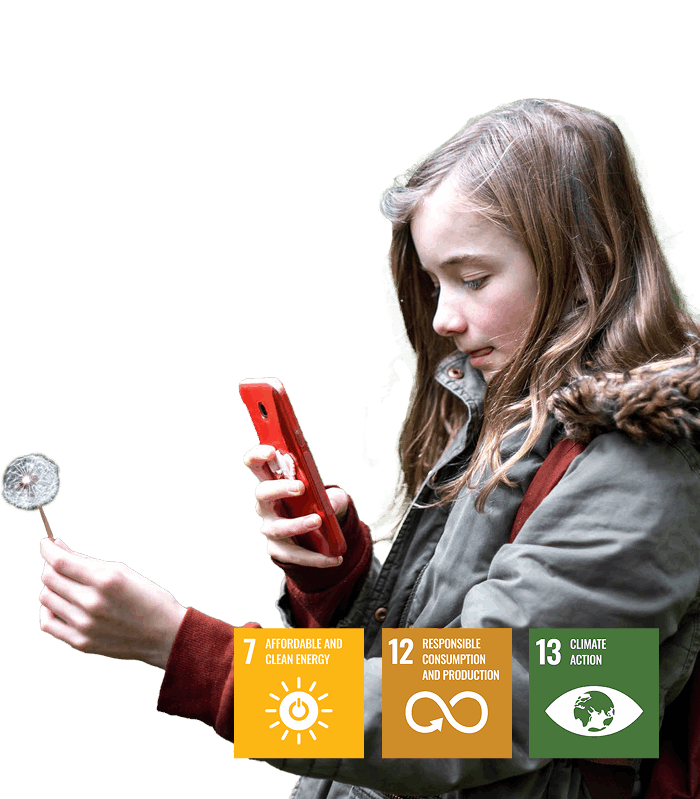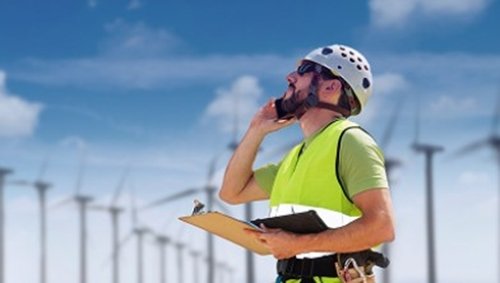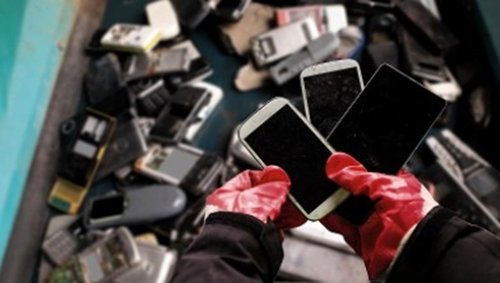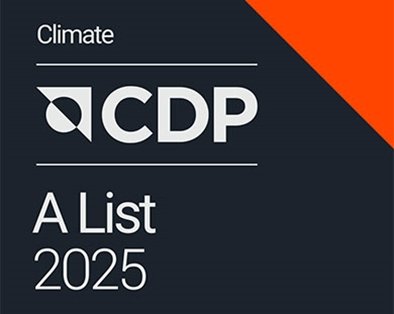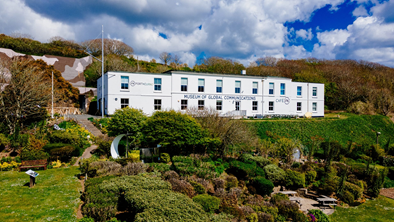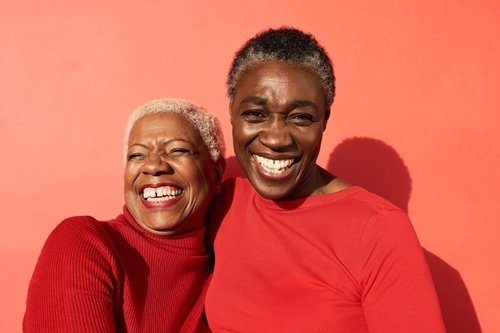How we protect the planet
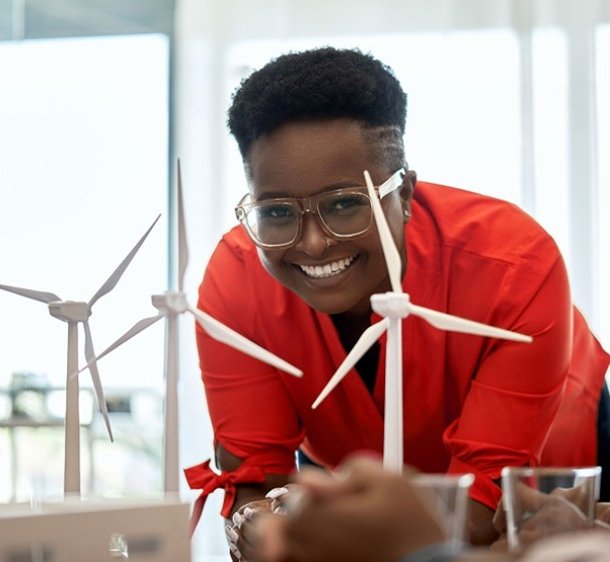
GOALS
Aiming for net zero operations in Europe by 2028 and in Africa by 2035.
Aiming for net zero across our full value chain by 2040.
Watch
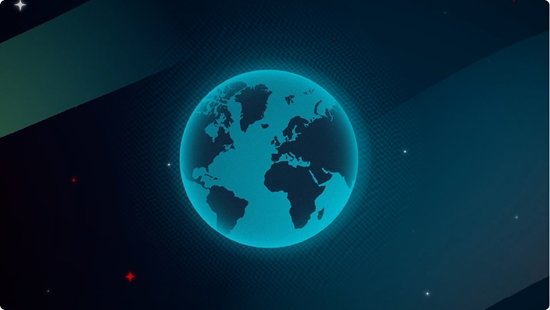

Quote Icon
We have established Vodafone’s climate ambitions – to reach net zero by 2040. Now we are focused on the most challenging part: executing the plan to achieve our goals and make the transition to a low-carbon economy.
Our policies
We seek to protect the planet and enable our customers to do the same, and have set ambitious goals to do so. We have policies in place to ensure that all Vodafone entities take necessary actions to protect the planet in line with our targets and goals.























